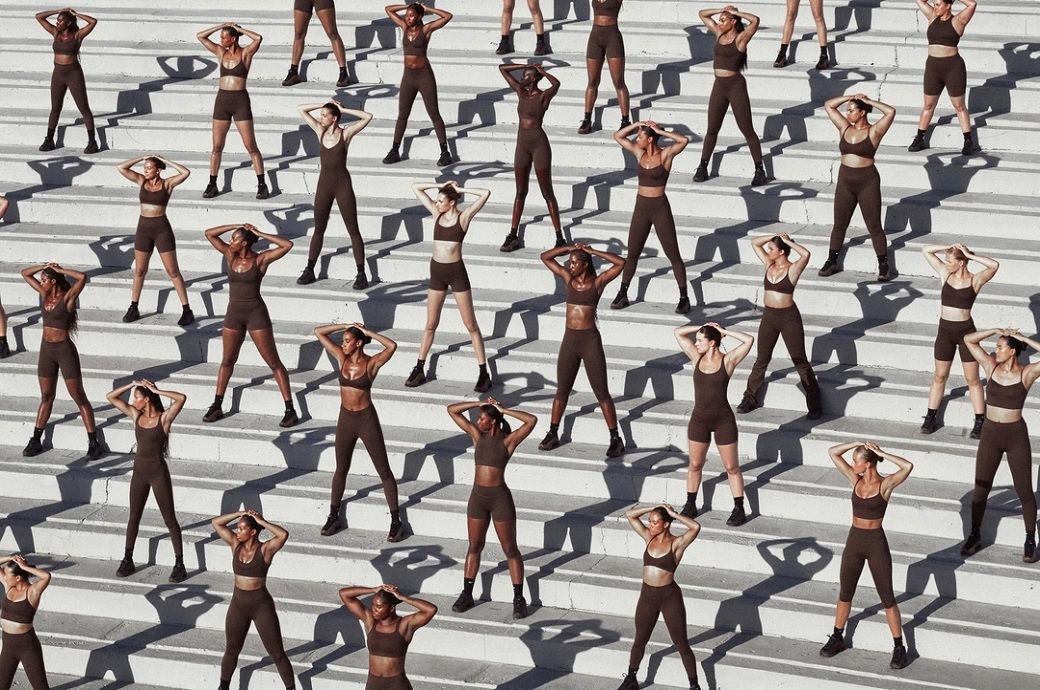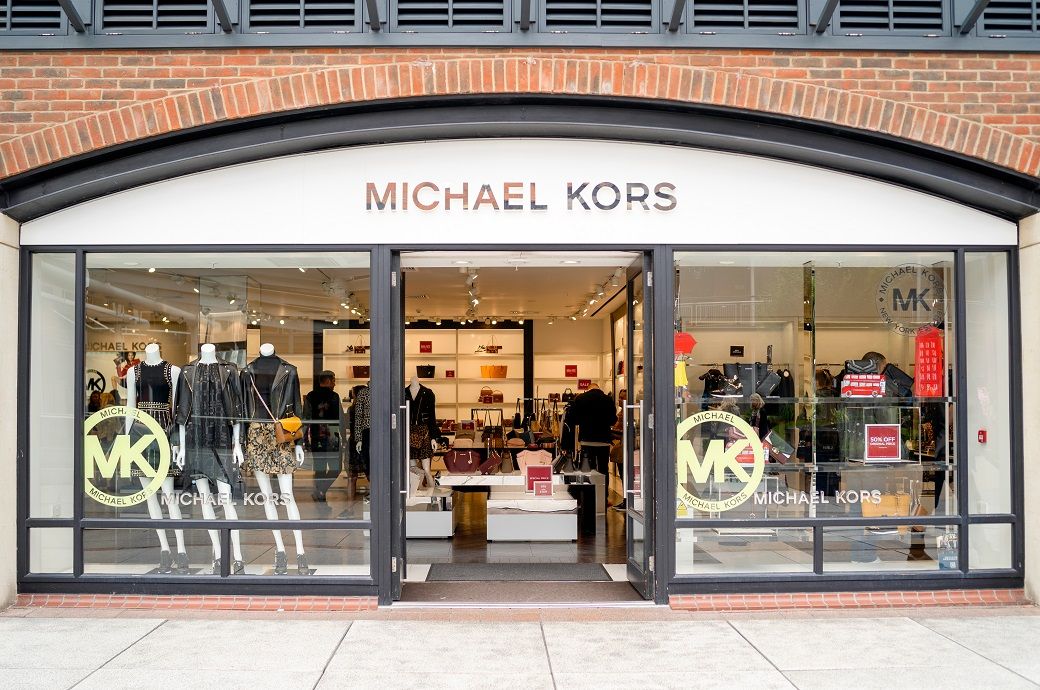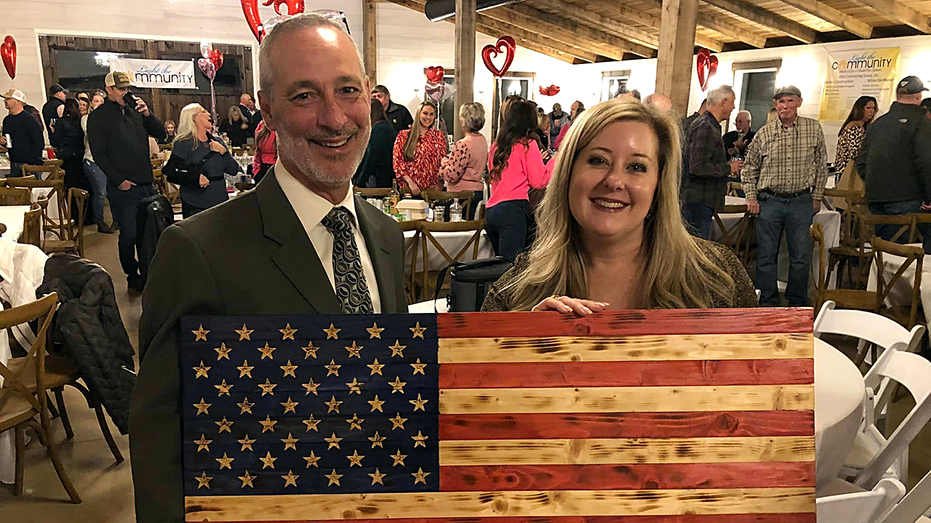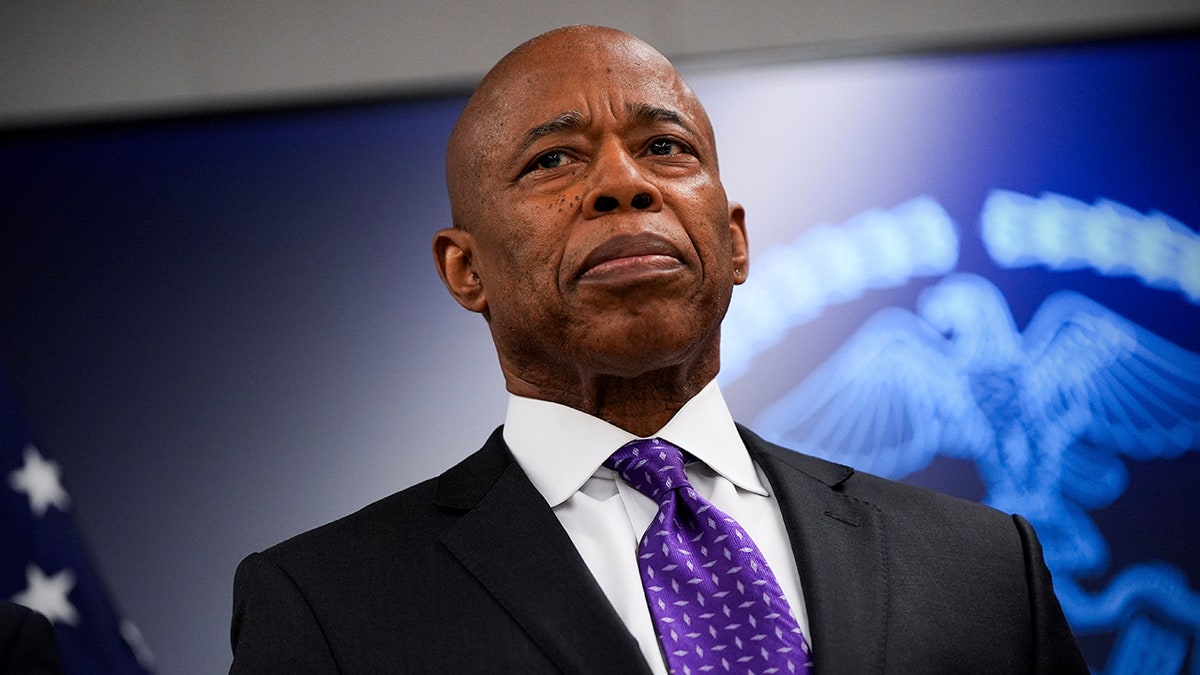Mississippi’s onerous new social platform law (and the threat of big fines) has led Bluesky to block its users in the state

The state of Mississippi just wants to protect its children, you see. That’s why they can’t be allowed to see your skeets.
On Friday, the social network Bluesky announced that it had begun blocking the use of its services in Mississippi. At issue is a bill the Mississippi Legislature passed into law last year that requires social platforms to (a) obtain the true identity — at minimum, name and age — of all their Mississippi users, and (b) for any users under age 18, to obtain parental permission for them to use the service.
Lawmakers wrapped this new policy in rhetoric about protecting children from sexual exploitation online, and yet somehow crafted a law that “protects” them from vast swaths of the internet. You may have read about the U.K.’s recent efforts to block minors from accessing porn online by requiring adult Brits to show some ID when they go to porn sites. The U.S. Supreme Court okayed such age-gating for pornography in June.
But the Mississippi law doesn’t target porn sites, or non-porn sites that may feature some adult content. It applies to social platforms regardless of their content or purpose. The penalty a platform can face for non-compliance can reach $10,000 per user. And Bluesky’s 38 million users, while impressive for a newish platform, makes it a pipsqueak next to the Metas, Twitters, and TikToks of the world. From Bluesky’s statement:
Unlike tech giants with vast resources, we’re a small team focused on building decentralized social technology that puts users in control. Age verification systems require substantial infrastructure and developer time investments, complex privacy protections, and ongoing compliance monitoring — costs that can easily overwhelm smaller providers. This dynamic entrenches existing big tech platforms while stifling the innovation and competition that benefits users…While we share the goal of protecting young people online, we have concerns about this law’s implementation:Broad scope: The law requires age verification for all users, not just those accessing age-restricted content, which affects the ability of everyone in Mississippi to use Bluesky.
Barriers to innovation: The compliance requirements disadvantage newer and smaller platforms like Bluesky, which do not have the luxury of big teams to build the necessary tooling. The law makes it harder for people to engage in free expression and chills the opportunity to communicate in new ways.
Privacy implications: The law requires collecting and storing sensitive personal information from all users, including detailed tracking of minors.
Rather than a child safety effort, the right way to think about laws like Mississippi’s is as a tax on social networks doing business there. Except they don’t accomplish what taxes are supposed to accomplish — like raise revenue for the public good or disincentivize bad behavior. They just block people’s access to information. And for outlets like the Mississippi Free Press — which has its largest social following on Bluesky, the platform it’s put the most effort into since leaving Twitter in March — it blocks access to their audience.
Now, you may be thinking: That sounds unconstitutional. And by conventional legal thinking, you are correct! Requiring parental access for minors to access news and information is a clear restraint on their First Amendment freedoms. So is requiring adults to show ID in order to access the same. Brett Kavanaugh agrees with you, writing last week that the law’s opponents had “demonstrated that it is likely to succeed on the merits — namely, that enforcement of the Mississippi law would likely violate its members’ First Amendment rights under this Court’s precedents.” But Kavanaugh and the other conservatives on the court didn’t rule on the question of whether or not the law is constitutional — which, again, it absolutely is not. Instead, they did decide Thursday to let Mississippi begin enforcing the law while the court searches its closets for their extra-large thinking caps.
The case will continue to be litigated. In normal times, I’d be confident that the Supreme Court would eventually rule that no, Mississippi can’t require ID or a parent’s permission for its citizens to read headlines and hot takes on the, like, ninth-most-important social platform. Ah, to live in normal times!
I don’t want to overdramatize this one particular case. But as a Louisiana native1 who has spent a lot of time researching the history of this part of our country, I can’t help but connect it to Mississippi’s long, sad history of trying to “protect” its citizens from the influence of outside media, often doing so under the banner of protecting children. (There’s a reason one of the best books ever written about the state is titled Mississippi: The Closed Society.)
In 1970, for example, the state decided the best way to protect its children was to ban Sesame Street “because it uses a highly integrated cast of children.” The state’s legislature had just approved funding for public television on the condition that an all-white board be given veto power over its content, which it used twice to block Sesame Street from hitting airwaves. One legislator warned against public television’s “subtle influence on the mind,” decrying the Ford Foundation for having had a “great deal of influence in educational television, and it has been used for evil purposes, for the most part.”
A few years later, Mississippi refused to allow public schools to use an award-winning Mississippi history textbook, Mississippi: Conflict and Change, because it was too accurate about the state’s racial history. It took six years and a federal court ruling for it to make its way into classrooms. (A new edition of the book was just published this month. State officials have, once again, been hesitant to approve its use in classrooms because Mississippi has banned “divisive concepts” from schools as part of an “anti-DEI” push.)
Then there was the time in 2010 when Mississippi Public Broadcasting decided to ban the public radio program Fresh Air for its “recurring inappropriate content” during hours children might be listening. Yes, that Fresh Air — the one with Terry Gross. She was a big problem, MPB’s executive director felt: “Most of the comments I’ve received have to do with the salaciousness of Ms. Gross. She talks a lot about sexual issues and the language she uses — a lot of people of Mississippi are not accustomed to hearing. They’re not accustomed to hearing word ‘orgasm’ on the air, and three o’clock in the afternoon is not the best time to air this.” (MPB later brought the show back — but would only air it at 9 p.m., after the state’s nerdiest children had presumably gone to bed, and with a content warning at the top of the hour “saying that the program may include adult content.”)
This Mississippi tradition of blocking outside media is a long and peculiar one, even when it doesn’t specifically invoke the protection of children. During the Civil Rights Movement, for instance, the NBC affiliate in Jackson, WLBT, found plenty of creative ways to block national content it considered insufficiently pro-segregation. When Thurgood Marshall was interviewed on a network program to discuss the Brown v. Board of Education ruling, the station announced fake “technical difficulties” and aired a Mexico travelogue until Marshall was safely off camera. (The future Supreme Court justice didn’t line up with the station’s news values, you see, which involved frequent use of the n-word by on-air reporters and anchors.) WLBT similarly blocked civil rights coverage on NBC’s evening newscasts; its manager justified the move by accusing the network of “overloading the circuits with Negro propaganda.” It even refused to sell ad time to Black candidates for office; in 1969, it became the only American TV station ever to lose its broadcast license over its persistent racism.
Before that, northern Black newspapers like the Chicago Defender that reported on anti-Black violence and advocated for the Great Migration were blocked from circulation in Mississippi and other Deep South states. White distributors refused to carry it, local officials pressured railroads to block its transport, and police harassed those who managed to sneak samizdat copies in through a network of Pullman porters. One Black writer said “negroes grab the Defender like a hungry mule grabs fodder” in Mississippi, where “old men who did not know how to read would buy it because it was regarded as precious.”
I’ll stop here, before we get to the state’s antebellum efforts to keep abolitionist literature from polluting the mails. To state the extremely obvious, passing a law that drives Bluesky out of your state isn’t the same thing as blocking Black newspapers or honest textbooks. Requiring Bluesky to check its users’ papers isn’t the same as Mississippi keeping dossiers on tens of thousands of Mississippians because they thought Black people deserved rights. There’s no reason to think that Bluesky, specifically, was a target of Mississippi legislators, most of whom I doubt have thriving online presences on any platform past Facebook. As far as I can tell, no other social platforms are actually complying with Mississippi’s law right now — even the ones with plenty of tech muscle to spare.
But I could understand Bluesky thinking the social platform with the “wokest” reputation might be a selective target ahead of MAGA Zuck. And given everything else that’s going on in 2025, a right-wing state government regulating away a corner of the public square is something worth being vigilant about.
- Every morning, like all other Louisianians, I give thanks to the state of Mississippi for letting my state rank 49th instead of 50th in most positive metrics of resident welfare.
What's Your Reaction?
 Like
0
Like
0
 Dislike
0
Dislike
0
 Love
0
Love
0
 Funny
0
Funny
0
 Angry
0
Angry
0
 Sad
0
Sad
0
 Wow
0
Wow
0
































































